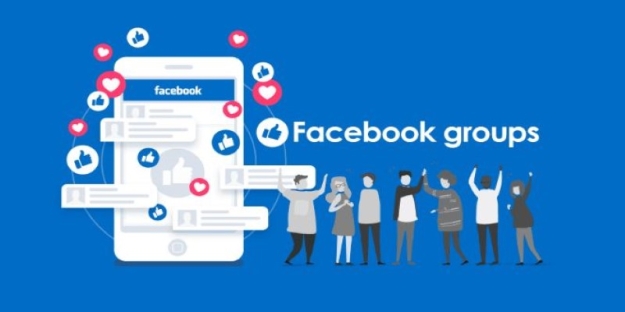Mother & baby
Top Kids' Clothing Brands for 2025: Stylish & Sustainable Choices
1757645852000
Starting a career with no experience can feel daunting, especially when job ads demand years of experience. But the good news is that employers value skills, persistence, and initiative just as much as past titles—meaning you can still break in and build a strong path forward.
Starting a career with no experience can feel daunting, especially when job ads demand years of experience. But the good news is that employers value skills, persistence, and initiative just as much as past titles—meaning you can still break in and build a strong path forward.
If you approach the search strategically, you can land a good job even without traditional experience. This guide lays out clear steps, real examples, and actionable tips you can use to turn applications into offers.
Hiring managers want results, not just years in the field. Instead of worrying about what you lack, highlight what you can do.
Hard skills: digital marketing, coding, Excel modelling, graphic design, and data analysis.
Soft skills: communication, teamwork, customer service, problem-solving.
Transferable skills: Retail sales can translate into negotiation, and school projects can demonstrate project management.
Action step: Create a one-page list of every skill you’ve learned from school, online courses, volunteering, or personal projects. Use that list as the foundation for your resume.

Some industries are more open to training new talent than others. Targeting these fields increases your odds of getting hired quickly.
High-paying entry-level jobs with little to no experience:
These jobs often value enthusiasm, communication, and willingness to learn over years of experience.
Certifications can bridge the gap between "no experience" and being seen as qualified. They demonstrate to employers that you've invested time in developing job-ready skills.
Most certifications can be completed online in under six months, with some free options available.
If you don’t have professional experience yet, create your own.
Freelancing: Offer small projects on platforms like Upwork or Fiverr.
Volunteering: Help a nonprofit with social media, bookkeeping, or event planning.
Personal projects: Build a website, run a blog, design a portfolio, or analyse open datasets.
Internships: Short-term, sometimes unpaid, but they create tangible experience for your resume.
Employers care more about proof of skills than whether you were paid to develop them.
Applicant tracking systems (ATS) scan resumes before a human sees them. Tailor yours to pass these filters.
Pro tip: Tools like Jobscan can compare your resume to job postings and suggest improvements.
When you don't have experience, your cover letter becomes more critical. Instead of just listing your resume, demonstrate your enthusiasm and potential to employers.

Up to 70% of jobs are never posted online. Networking often matters more than sending out dozens of applications.
Tip: Always follow up with a thank-you message after networking conversations. It keeps you on people’s minds.
Spraying out 100 generic applications rarely works. Instead:
Quality beats quantity in job applications.
When interviewers ask about your lack of experience, redirect the focus to what you can bring.
“Tell me about yourself.” → Focus on skills, projects, and motivation.
“Why should we hire you?” → Stress willingness to learn, adaptability, and a fresh perspective.
“Give me an example of problem-solving.” → Use a school, volunteer, or personal project example.
Practice with free tools like Interview Warmup by Google or mock interviews with friends.
Short-term roles, even if not perfect, can get your foot in the door. Contract positions often convert into full-time jobs. Agencies like Robert Half, Kelly Services, and Adecco specialise in connecting candidates with entry-level roles.
Landing a job without experience is about proving potential, not faking expertise. Employers are looking for people who show they're motivated, resourceful, and ready to learn. Begin by selecting a well-paying entry-level field, earn a relevant certification, and develop small projects to showcase your skills. From there, network actively, tailor your applications, and prepare for interviews.
Your next move could be signing up for a certification course today or applying for three well-targeted jobs this week. The sooner you start, the faster you’ll have your first job offer — and your career path officially begins.
Do you like this article?
Mother & baby
1757645852000
General Finance
1757645995000
General Finance
1757645995000
Career & Education
1757645873000
Career & Education
1757645873000
Fashion
1757645952000
Fashion
1757645952000
Fashion
1757645952000
Fashion
1757645952000
Career & Education
1757645873000









